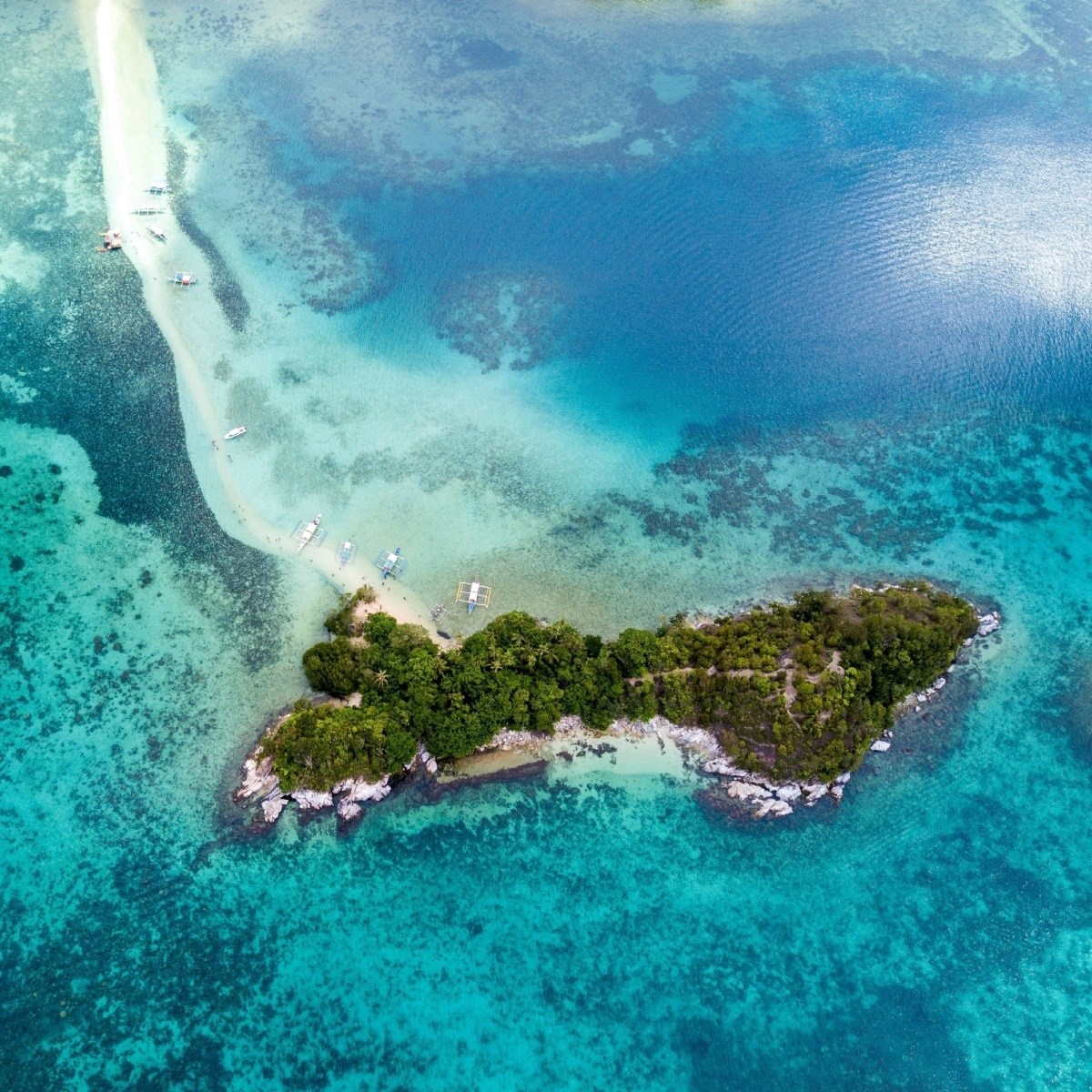Ilha de Queimada Grande, known as Snake Island, is located in the Atlantic Ocean near the coast of Brazil and is known as one of the deadliest places on Earth due to the high concentration of venomous snakes of the species golden lancehead (Bothrops insularis) that live only on this island. Access to the island is strictly prohibited and allowed only to scientists and military personnel with special permits due to the danger of deadly bites. The island was once connected to the mainland, but isolation led to the evolution of snakes with extremely potent venom that can kill a human within an hour. The Brazilian government and navy enforce strict protection and maintenance measures, including an automated lighthouse and rare visits by naval officers.
Political Perspectives:
Left: Left-leaning reports emphasize the ecological uniqueness of Snake Island and the importance of preserving its natural habitat. They highlight the scientific research conducted on the island and the need for environmental protection, while also stressing the dangers posed by the venomous snakes and the necessity of restricting human access to protect both humans and the ecosystem.
Center: Center-leaning coverage focuses on the factual description of Snake Island as a dangerous place due to its high concentration of venomous snakes. It reports on the history of the island, the evolution of the snakes, and the strict regulations imposed by the Brazilian government to prevent accidents. The narrative is balanced, providing scientific and safety information without strong emotional or political bias.
Right: Right-leaning narratives may emphasize the dangers and risks associated with Snake Island, possibly framing it as a place of natural hazard that should be avoided by the public. They might highlight the role of the military and government in enforcing security and safety measures, portraying the restrictions as necessary for public order and protection. There may be less focus on environmental or scientific aspects and more on security and human safety.






























